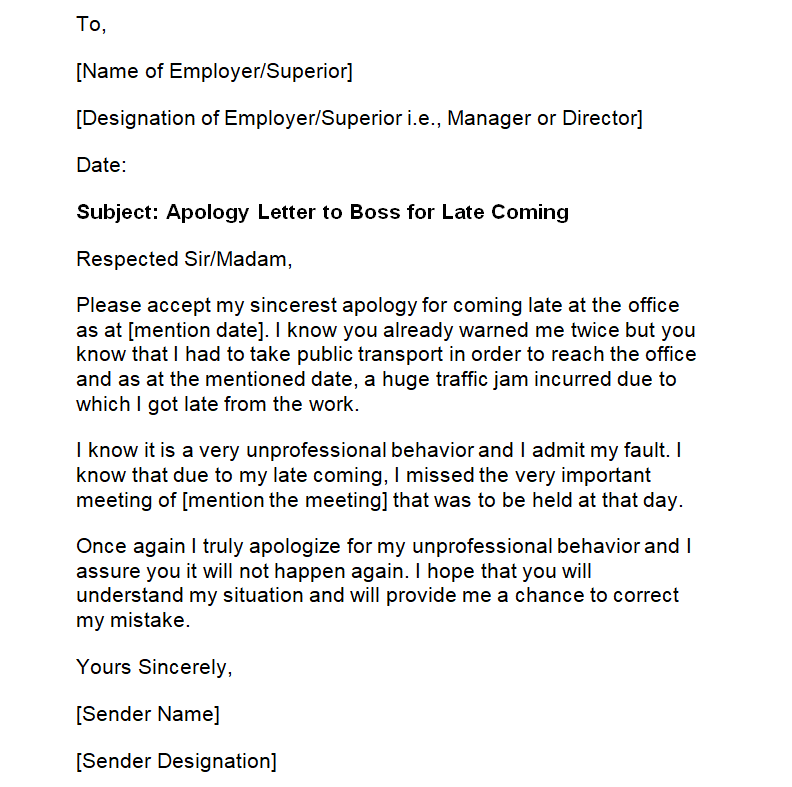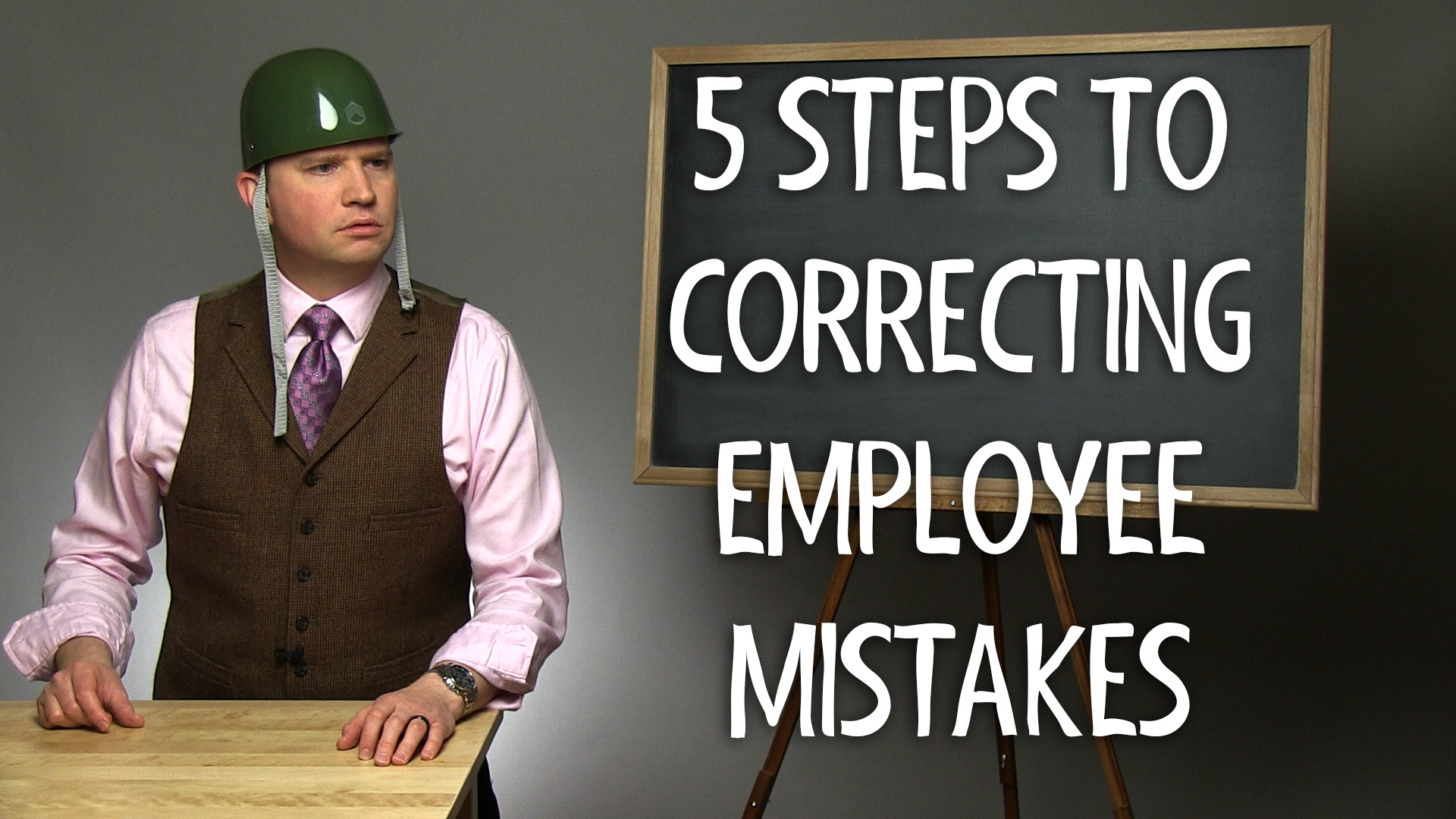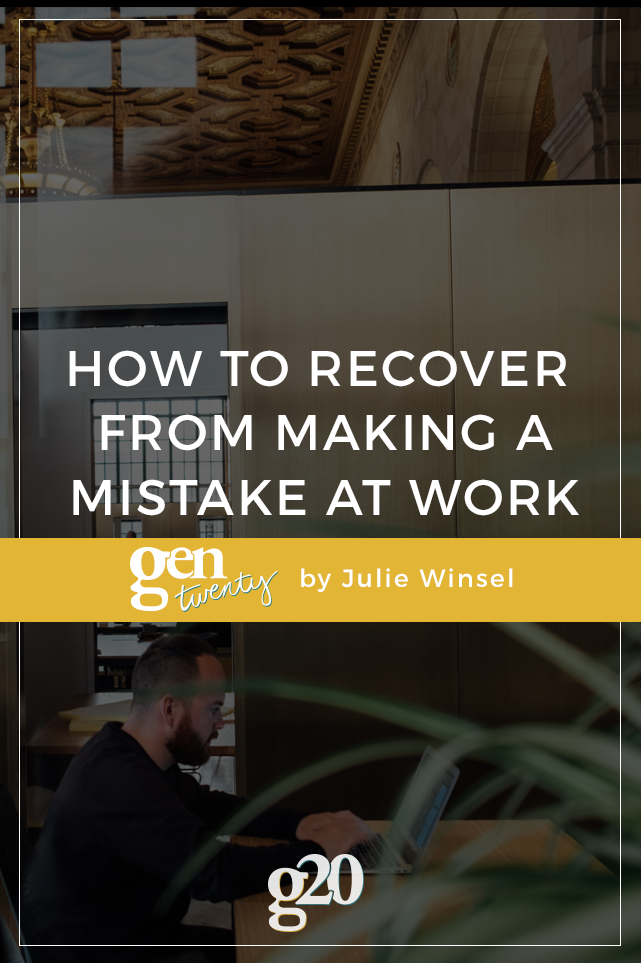How To Face Your Boss After A Mistake

A workplace error can feel like a career-ending event, but immediate and strategic action can mitigate the damage. Facing your boss after a mistake requires courage and a well-thought-out plan.
This article provides a practical guide on how to navigate this challenging situation, focusing on taking responsibility, offering solutions, and rebuilding trust.
Acknowledge the Mistake Immediately
Delaying the conversation only amplifies the problem. Approach your boss as soon as you realize the error and have a basic understanding of its impact.
Schedule a meeting if necessary, but don't hide from the issue. Honesty and promptness are crucial, according to a 2023 study by Harvard Business Review, which found that immediate acknowledgment significantly improves perceived accountability.
Prepare a Concise Explanation
Before speaking with your boss, gather all relevant details. Outline what happened, when it happened, and the immediate consequences.
Avoid making excuses or blaming others; focus on the facts. A clear and concise explanation demonstrates professionalism and control, essential for maintaining credibility.
Take Responsibility and Apologize Sincerely
Accepting responsibility is paramount. Acknowledge your role in the mistake without shifting blame.
According to a 2022 survey by Gallup, employees who perceive genuine accountability from their leaders are three times more engaged. A sincere apology goes a long way in rebuilding trust.
Use phrases like, "I take full responsibility for this error" or "I understand the impact of my mistake."
Offer Solutions, Not Just Problems
Come prepared with potential solutions. Don't just present the problem; demonstrate your ability to think critically and proactively.
Outline concrete steps you've already taken or plan to take to rectify the situation. Even if you don't have all the answers, showing initiative is crucial.
For example, say “I’ve already started working on fixing X by doing Y, and I believe Z can further mitigate the problem”
Focus on Learning and Prevention
Demonstrate a commitment to learning from the mistake. Explain what you've learned and how you will prevent similar errors in the future.
Offer to implement new strategies or processes to improve your performance and prevent future errors. This shows a proactive approach to professional development.
Consider suggesting specific actions, like attending a training session or implementing a new checklist.
Be Patient and Rebuild Trust
Rebuilding trust takes time. Don't expect immediate forgiveness or forgetting. Be prepared for questions and scrutiny.
Continue to demonstrate your commitment to your job and your willingness to improve. Consistent high performance after the mistake is the best way to regain your boss's confidence.
Seek Feedback and Mentorship
Actively seek feedback from your boss on your performance. Use this opportunity to show you're taking the situation seriously and are eager to improve.
Consider asking for mentorship from a more experienced colleague. Learning from others' experiences can help you avoid similar mistakes in the future.
"Remember, mistakes are learning opportunities. How you handle them defines your character and career trajectory."
Ongoing Developments
Continue to monitor the impact of the mistake and adjust your approach as needed. Regularly update your boss on your progress in resolving the issue and implementing preventive measures.
By taking swift and decisive action, and demonstrating a genuine commitment to improvement, you can successfully navigate this challenge and emerge stronger.





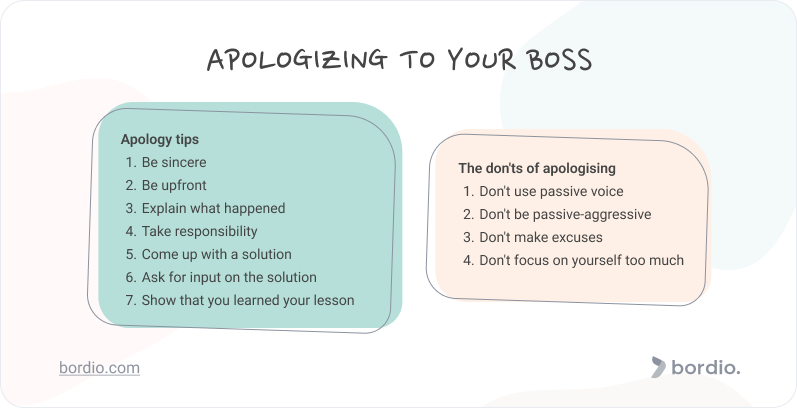
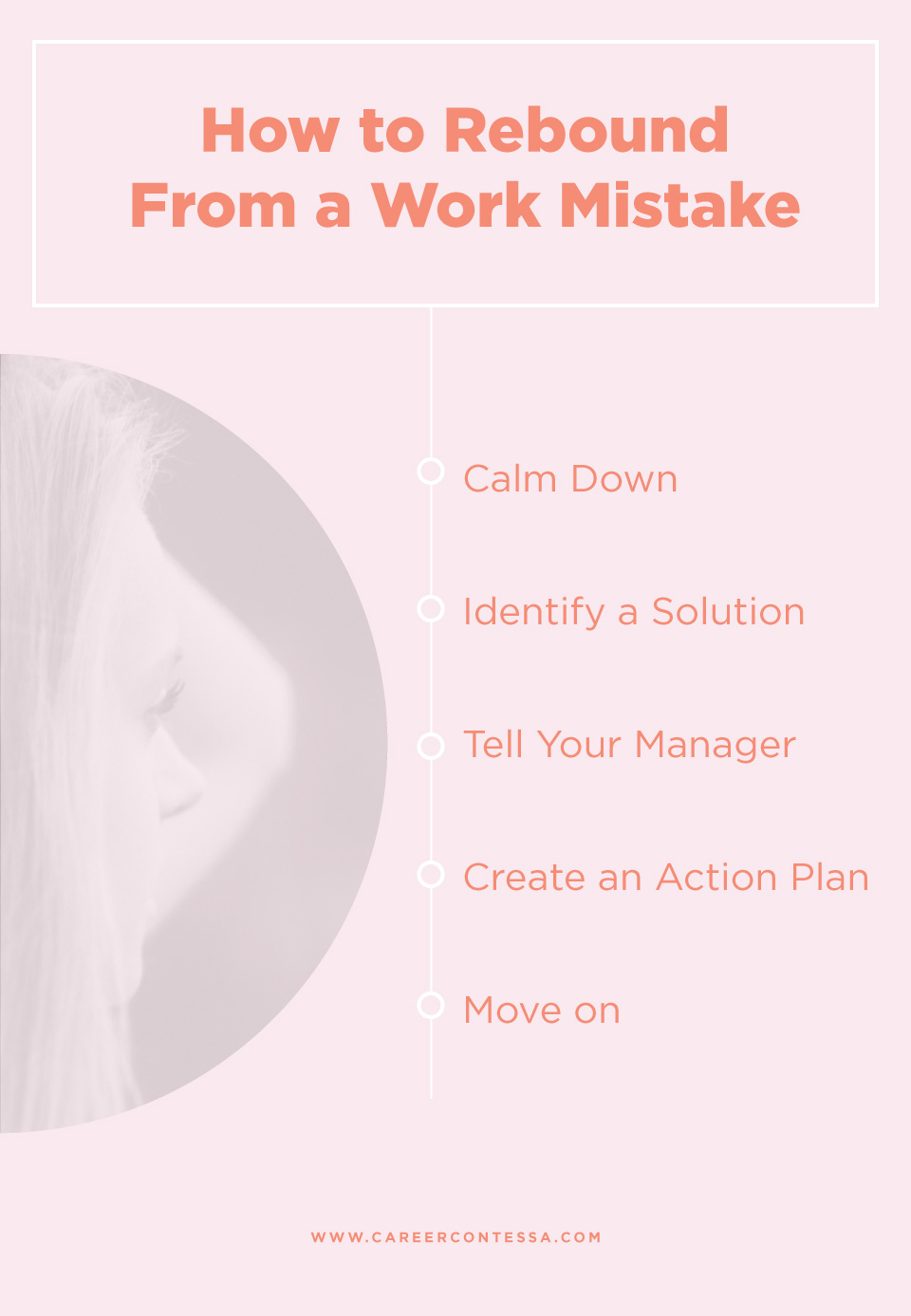

![How To Face Your Boss After A Mistake [Infographic] I Made A Mistake At Work: The Do’s And Don'ts](https://www.niagarainstitute.com/hs-fs/hubfs/Niagara Institute - I Made A Mistake At Work Do’s And Donts Infographic (1).png?width=1480&height=2724&name=Niagara Institute - I Made A Mistake At Work Do’s And Donts Infographic (1).png)

